
Refrigerators have become essential for preserving and extending the freshness of food, but it's worth noting that not all foods benefit from being chilled; in fact, some foods can lose their natural qualities and pose health risks if stored in the refrigerator for long periods of time. To make informed decisions about which foods can be safely stored at room temperature and what happens when they are refrigerated, read on.

Coffee
Coffee, a beloved beverage for many, may seem like a good candidate for refrigeration, but doing so can actually cause it to absorb odors and flavors from other foods in the fridge. Whether it's in the form of beans or liquid, it's best to keep coffee in a cool, dry place until you're ready to enjoy it, rather than subjecting it to the cold environment of the refrigerator.
Bread
To maintain the freshness and flavor of freshly baked bread, store it in a cool and dry place, ideally in a clean paper bag or plastic bag to protect it from heat, moisture, and air; while refrigeration is an option, it can cause the bread to lose moisture and affect its taste.
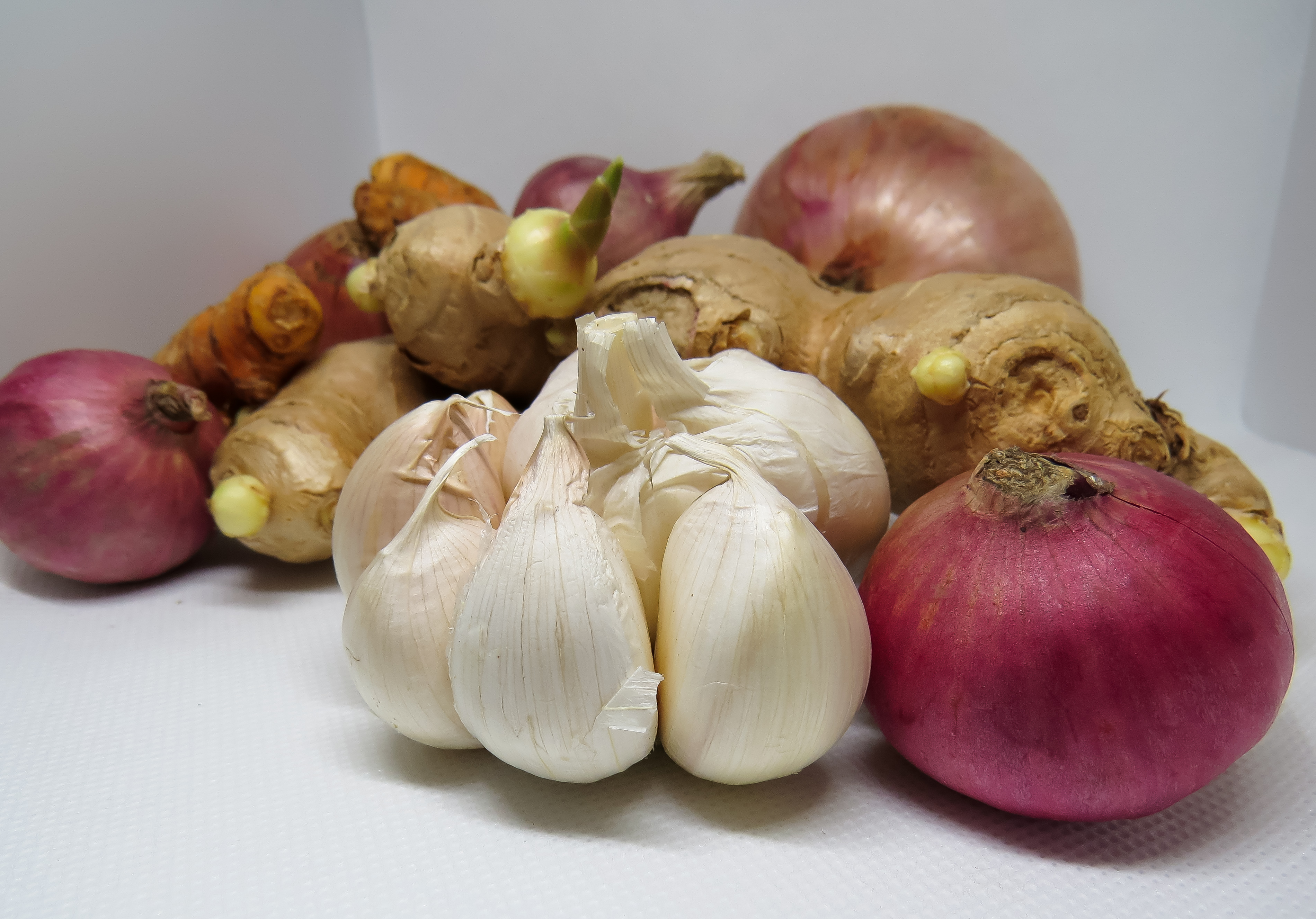
Onion & Garlic
Onions and garlic are commonly found in refrigerators, but storing them there can lead to undesirable consequences. Refrigeration increases moisture levels, which can result in onions becoming mushy, sprouting, or developing mold. Similarly, refrigerated garlic may lose its freshness and cleanliness. To ensure their optimal condition, it's recommended to store onions and garlic in a cool, dry place until you're ready to use them in your cooking endeavors.
Ginger
Ginger should not be stored in the refrigerator for extended periods of time due to its moisture content, as the cool environment increases the risk of mold and bacterial growth; instead, store it in a clean, dry place to preserve its natural taste and freshness.
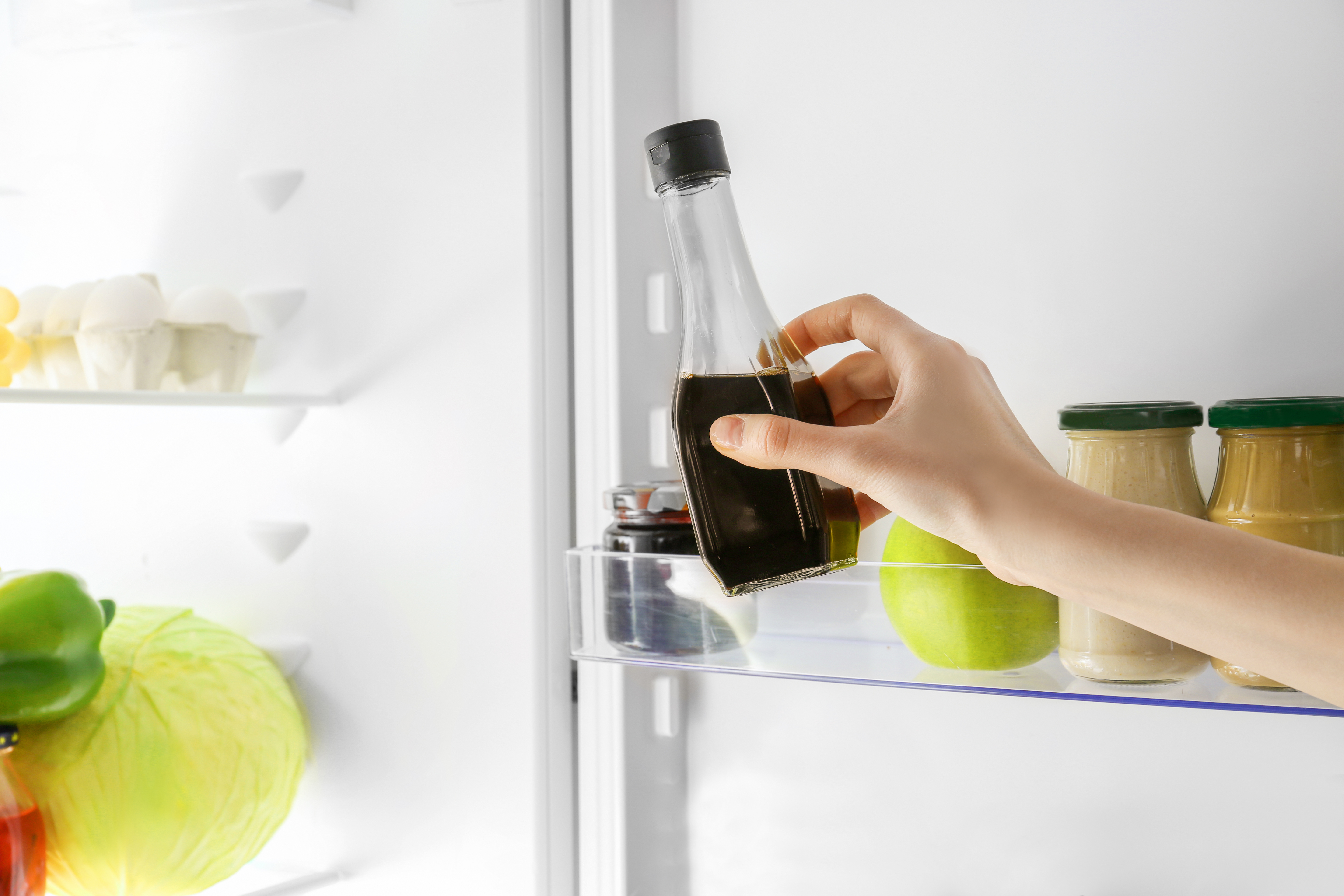
Soy Sauce
While it may seem convenient to store soy sauce in the refrigerator, doing so can alter its taste and shorten its shelf life. Due to its salt content, soy sauce can be safely stored at room temperature for up to six months, depending on usage, so it's important to check the product directions. Additionally, refrigerating other cooking ingredients can expose them to excessive moisture and potentially damage their quality.
Potato
For optimal freshness and texture, store potatoes at room temperature in a small paper bag, ensuring they remain firm when held in your hand; while potatoes may appear sturdy and beautiful, it's important to handle them with care as moisture can compromise their taste and shape.
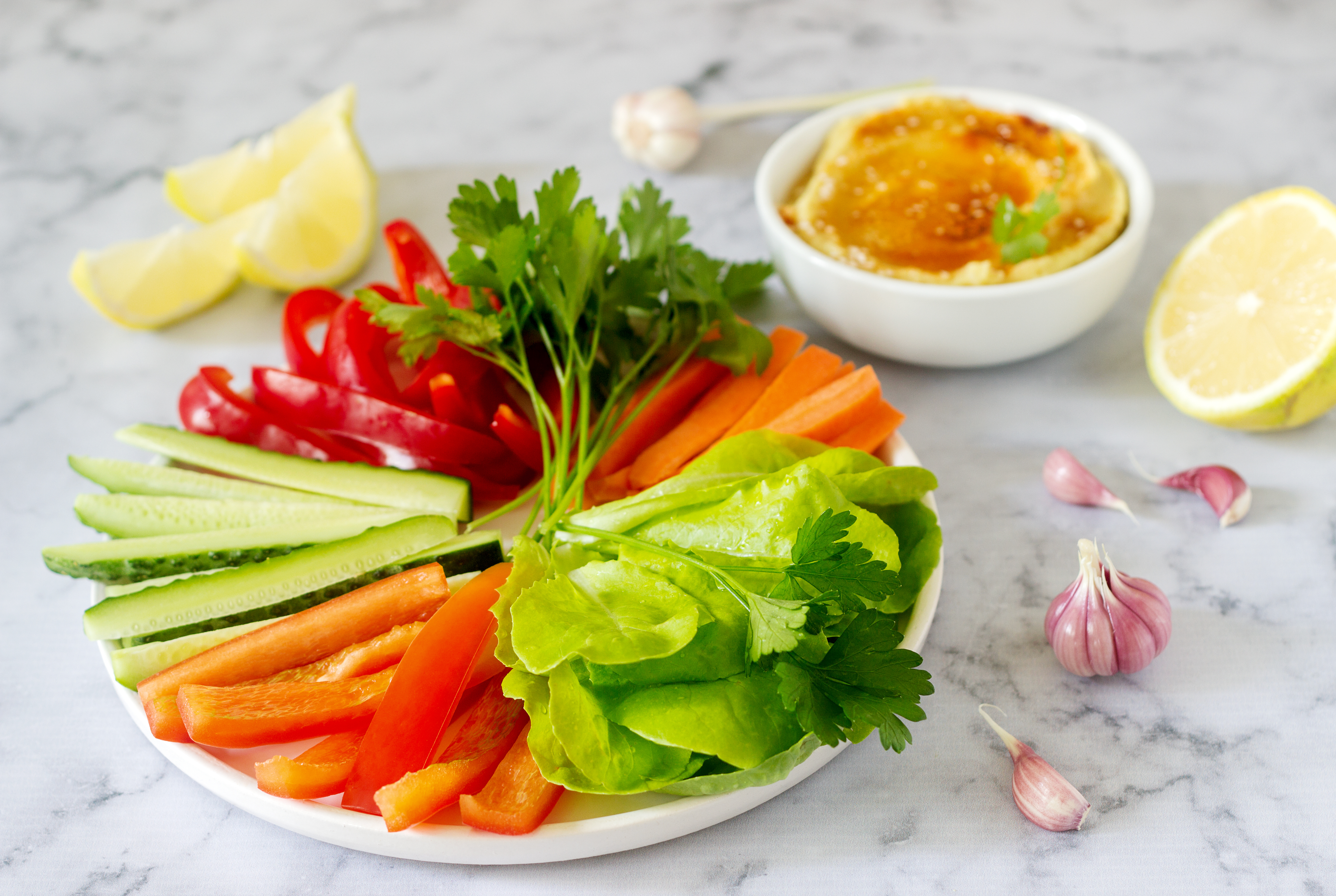
Carrot, Cucumber, Bell Pepper
Prolonged refrigeration of these three vegetables can result in loss of crispness, increased moisture, and diminished nutritional value, making them less enjoyable to eat. To maintain their natural freshness and prevent spoilage, it's best to store them in a dry, cool area at room temperature in your kitchen.
Ideally, most vegetables are best consumed shortly after purchase. However, if you need to store them in the refrigerator, make sure to pack and store them properly to maintain their freshness. It's crucial to be mindful of mold and bacteria growth. To ensure the best quality, it's recommended for both adults and children to choose to consume vegetables at their freshest.
Most fruits tend to lose quality when refrigerated. For example, apples can stay fresh for over a week at room temperature. Bananas, avocados, berries, and tomatoes should not be refrigerated but instead kept at regular room temperature to allow them to ripen and maintain their freshness.
By knowing which foods are best stored at room temperature and taking proper storage precautions, you can preserve the quality, flavor, and freshness of your ingredients, ensuring they're ready for your culinary endeavors.

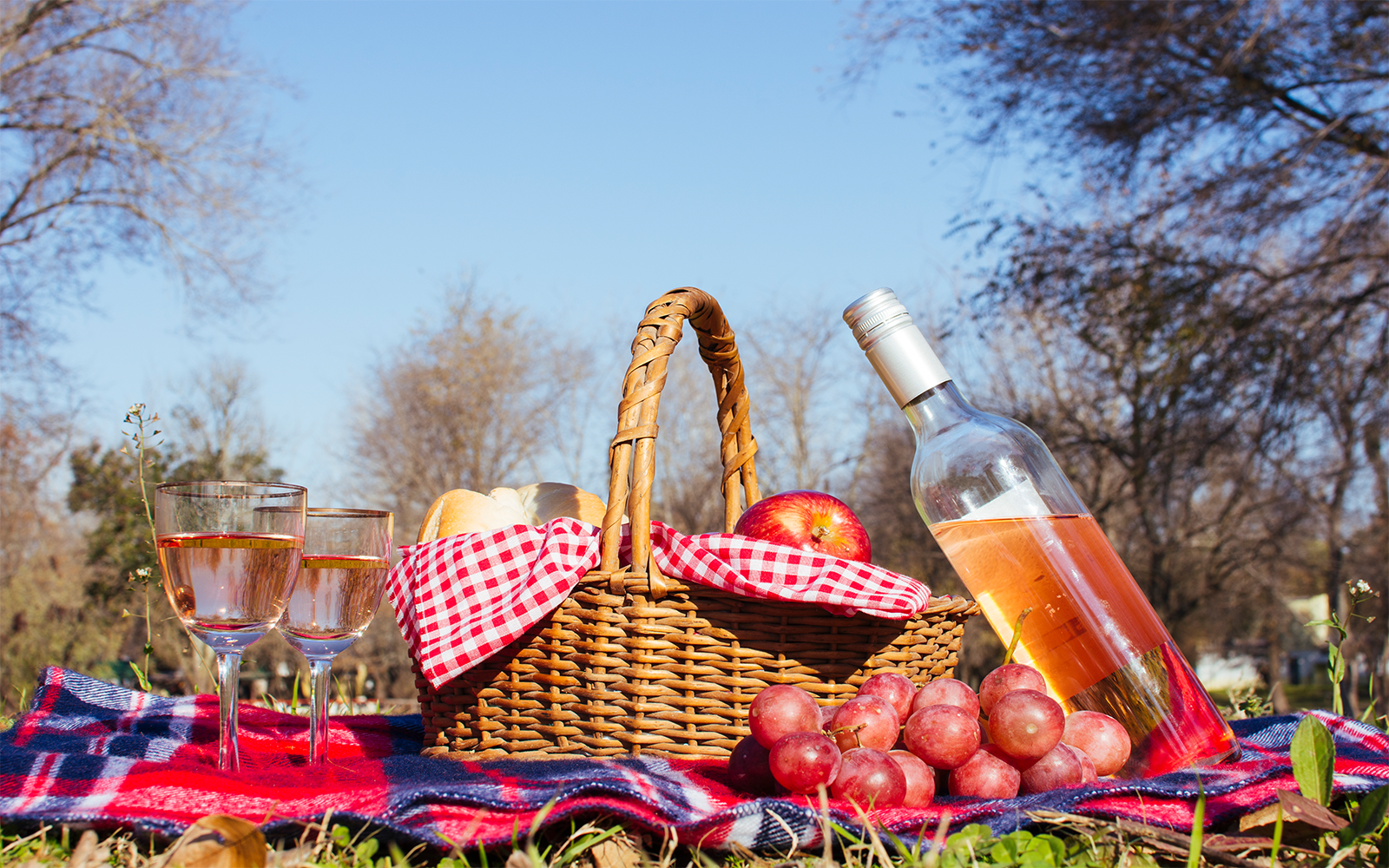

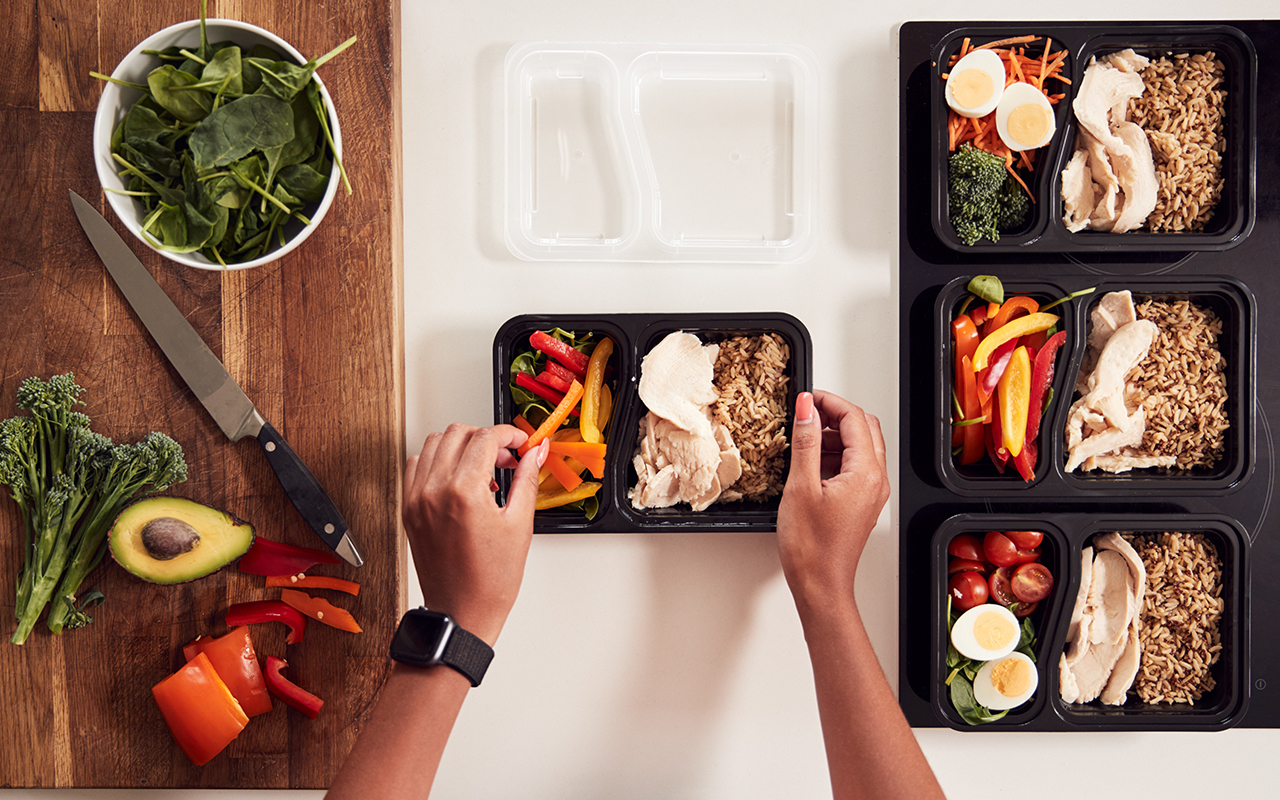
Comments